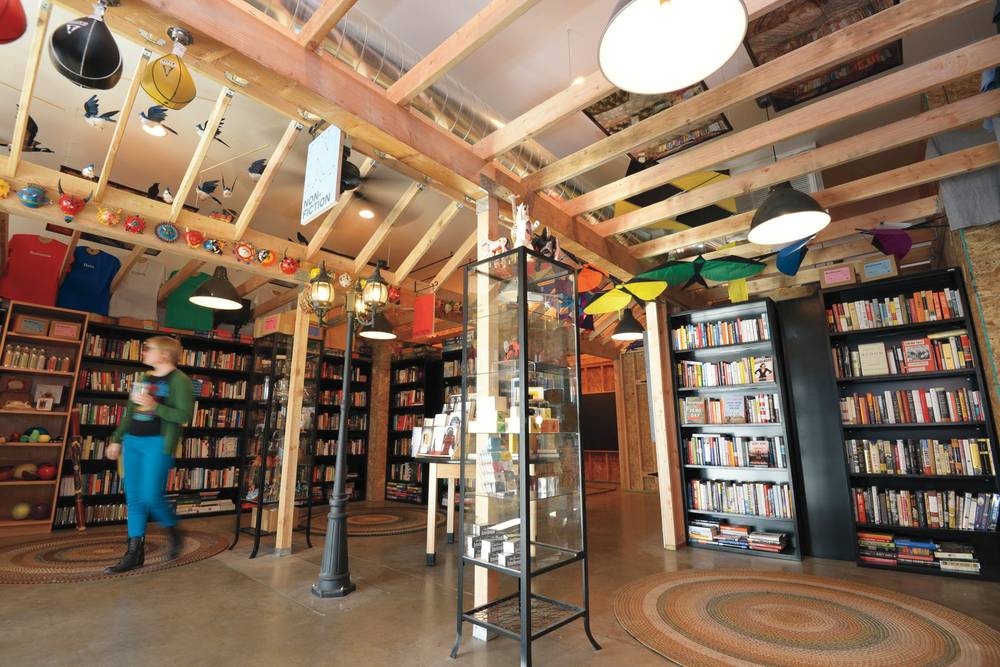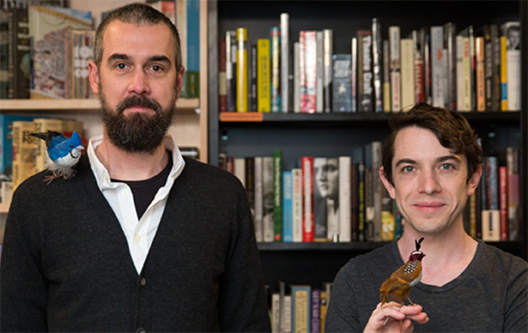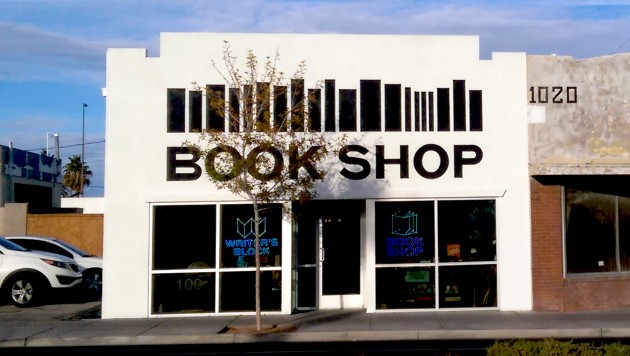City building has always been complicated work, with countless intersecting issues that need to be addressed. Today, new challenges have emerged as many of our cities are struggling with city “rebuilding,” in response to new demands and preferences for urban living, transit and walkable neighborhoods. Many of our older urban and first-ring suburban cities experienced significant disinvestment in the latter part of the 20th century as substantial numbers of people moved to the newly built suburbs on the outskirts of town. Now that many people are choosing urban instead of suburban, and walking, biking and transit instead of driving, community leaders are faced with a myriad of complex issues that accompany rebuilding a city or even a neighborhood within a city. It’s a complicated process involving government, industry, investors, designers and enterprising businesses.
Thriving small businesses are the secret sauce of cities and are often an indicator of the overall economic and social health of a city. Small business owners are often the first to recognize the opportunity to invest in city rebuilding. They energize our neighborhoods while providing important and needed services and products. Unlike big box stores and strip malls, so common in our auto-dependent suburbs, local small businesses are strong community connectors and represent uniqueness and authenticity that is vitally important in city rebuilding in the 21st century.
At Westlake Urban, we love hearing about businesses that are making changes in their communities and transforming neighborhoods and cities in the process. As we like to say, sometimes change happens incrementally and other times change comes in big, bold and beneficial moves.
In today’s blog, we hear from two small business owners who are having a beneficial impact on their community, and helping to turn around a blighted neighborhood in downtown Las Vegas.
New ‘kids’ on the Block
The Writer’s Block, Las Vegas’ only independent bookstore, opened in November 2014 on the site of a former boxing gym. Step inside and you will find a cultivated list of literary fiction, nonfiction, art and design books–things you would expect in an independent bookstore. But on any given Saturday, step into the room adjacent to the bookstore and you will enter a creative space of high ceilings, exposed wood trusses, handcrafted tables and a hive of activity. This is the place where parents bring their children to workshops guided by the talented storeowners to create illustrated short stories in. The children write their stories, create their hand-drawn illustrations and leave with a bound version of their “book.”

The Writer’s Block, the brainchild of co-owners Scott Seeley and Drew Cohen, inspires us with its whimsy, its ability to absorb and expand local literary culture and its commitment to the up-and-coming neighborhood.
Three and a half years ago, Scott and Drew made a bold move from Brooklyn to Las Vegas to be part of The Downtown Project, an ambitious effort spearheaded by Zappos CEO Tony Hseih. The goal of The Downtown Project is to transform and revitalize the city’s Fremont East district and create a tech “ecosystem” of businesses that will support and invigorate the district.
Hseih’s vision involved investing $350 million in the buildings and businesses in the blighted, 19-block district to create a hip, safe, walkable new downtown. Of the $350 million, $50 million was invested in small business.

The Downtown Project includes the Downtown Container Park, which is home to 10 retail boutiques stores and a wide variety of restaurants and bars. In addition, once vacant storefront buildings along East Fremont Street are transforming the area into “one of the hippest in the city.”
The Writer’s Block is one of the businesses that is contributing to the slow but steady revitalization of the area.
“I really fell in love with what was happening in Las Vegas downtown,” said Scott, who sees past the rundown buildings to admire the “super-cool motels from the ’40s or ’50s that you can look at and picture, like man, if somebody cleans this thing up, it’s going to be really cool.”
He compared the Las Vegas revitalization to that of Brooklyn, which experienced a turnaround in the 1990s. “It was just this sort of very creative energy, this pulse of people trying to take a neighborhood that had been in really bad shape for a long time, creative people and artists and writers, and in this place, unlike Brooklyn, it’s a ton of tech people, and just a really interesting group of minds coming together in the middle of the desert.”
Prior to his move to Law Vegas, Scott, a painter and designer, worked with writer Dave Eggers as cofounder and executive director of 826NYC, a.k.a. the Brooklyn Superhero Supply Company, a writing nonprofit for children that opened in 2004 in Brooklyn. He designed the quirky interior of The Writer’s Block; Drew, his husband and business partner, is a writer and handles the book inventory.
The Writer’s Block told the Las Vegas Review-Journal that business is “steady” and sustainable, serving customers from downtown as well as outlying areas, or people who are “willing to drive to us.” Often, those customers might be the non-gamblers in town for conventions or business trips.
In spite of the challenges, Scott likes the “pioneering spirit” and finds it exciting. He hopes that other businesses will move to the district. “I want more people to feel that excitement—with the understanding that it is a risk, there’s going to be challenges, it’s not going to be easy, and yes, it’s going to be 110 in July. I’m sorry about that.”

Rebuilding a city
Rebuilding a city, or even a neighborhood within a city, takes time and tenacity. Reenergizing blighted commercial corridors is a complicated process involving developers, government, industry and enterprising businesses. Even under the best of circumstances (and Tony Hseih’s $350 million) it’s hard work that requires commitment to a new vision that engages community members who want to make it a reality. And the work is further complicated when the rules that used to govern the business of city-building are being re-written in the 21st Century.
The owners of The Writer’s Block are deeply committed to the rebuilding that is underway in Las Vegas, but they also understand that the success of their business relies on the synergy of the district that is being created. Day by day, small changes occur as new stores and restaurants open. “It’s very, very pioneering where we are. The majority of buildings on either side of us are closed or don’t have anything in them, so we’re just kind of filling in one little spot at a time with something new,” Scott said.
What has been the experience in your city? Do you know any pioneers like Scott and Drew? Yes, it takes money and commitment to clean up blighted areas, but it also takes creativity and ingenuity. What would you suggest to help a neighborhood in your city? Share your thoughts, and please be sure to follow us on Facebook, LinkedIn and Twitter for daily updates from Westlake Urban.




